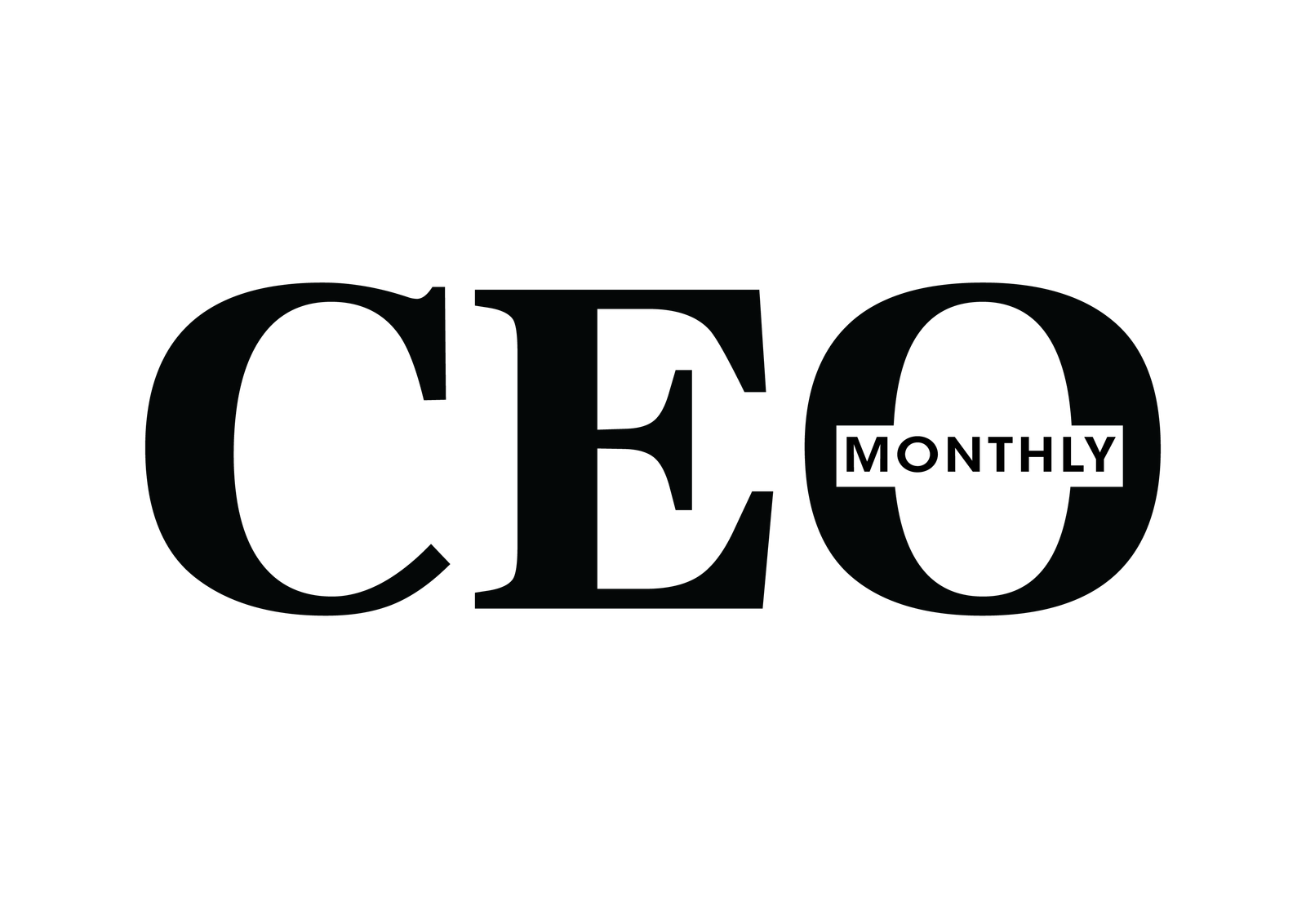“As a successful CEO, people need to be motivated to work for you.”
Sharon Koifman
Sharon Koifman is obsessed with remote management. Over nearly two decades of experience running three companies – and doing so 100% from his computer – Sharon has studied and researched not only how to operate remote businesses but how to create an amazing work culture, one where people love to come to work.
These days he runs DistantJob, a very unique recruitment agency geared specifically for finding full-time remote employees who work from all over the world. Sharon is the author of the Amazon bestseller on his category “Surviving Remote Work” which he wrote in the wake of the COVID crisis in order to help businesses not only survive but actually thrive in this new environment.
Let’s start with a little introduction. Tell us about yourself.
Sharon Koifman: Hi, I’m Sharon Koifman, and I’m obsessed with remote management.
Over nearly two decades of experience running three companies – and doing so 100% from my computer – For the past decade, I have been studying and researching not only how to operate remote businesses but how to create a great work culture, one where people love to come to work.
These days I run DistantJob, a unique recruitment agency geared specifically for finding full-time remote employees who work from all over the world. I’m the author of the #1 Amazon bestseller “Surviving Remote Work,” which I wrote in the wake of the COVID crisis to help businesses survive and thrive in this new environment. I’m also the Chairman of a new media company revolved about everything remote called Think Remote (thinkremote.com)
NO child ever says I want to be a CEO when I grow up. What did you want to be and how did you get to where you are today? Give us some lessons you learned along the way.
Sharon Koifman: Hmm, why would you say that? I like to think that plenty of kids. At the same time, they wouldn’t use the term CEO, dream of being a boss of a company, Myself, I wanted to be an inventor, and very early on, I understood that you need to sell and market your inventions to be an inventor. So the dream very quickly turned into being an entrepreneur. I noticed a fundamental weakness in the way people work and hire.
People seemed to stuck in the idea that is working and managing people needed to be in the office. Fifteen years ago, there was also the notion that you must build your own office or hire an outsourcing company if you want to hire internationally. I tried to reinvent the industry, not exactly my childhood dream of inventing machines but indeed close
Tell us about your business, what does the company do? What is unique about the company?
Sharon Koifman: We are the first remote recruitment agency in the world. We go to the world, headhunt people from established companies and entice them with a remote job. Differing from Local recruitment agencies, we have the world to choose from, which means access to a much bigger talent pool. It simply gives us the ability to find better people faster. Also, to differentiate from other offshore solutions, we only focus on full-time career-driven individuals that want to integrate as part of the company’s processes and culture. Which, by my philosophy, is the only way to succeed in the remote world truly.
How to become a CEO? Some will focus on qualities, others on degrees, how would you answer that question?
Sharon Koifman: Being a CEO is easy; all you need to do is register a company, and Voila, you are Ceo. Keeping your CEO job is defined by
your ability to delegate work professionally and empower people to work under you. If you are inspired to be a CEO in a company, these are the essential qualities.
What are the secrets to becoming a successful CEO? Who inspires you, who are your role models and why? Illustrate your choices.
Sharon Koifman: As a successful CEO, people need to be motivated to work for you. You can do this in three ways: You can be the brightest or most talented person in the room; You can be the most motivating or inspiring person in the room, or you can be the most caring. The people that are the smartest and most motivating always seem to work so much harder to achieve the same results as caring. I’m a fan of being intelligent, and I think I’m quite a motivating boss, but I hope how I treat the people will define my CEO’s legacy. Except for their stern opposition to remote work, I always loved the Google method. Offering a full day of creativity, giving employees the space to develop their way, Don’t be evil has been part of their value for a long time focusing on an asshole free environment
Many CEOs fall into the trap of being all over the place. What are the top activities a CEO should focus on to be the best leader the company needs? Explain.
Sharon Koifman: You have to build a team you trust and let them achieve. The more you remove your plate as a CEO, the more you leave space in your brain to be creative. As far as my organization, a CEO’s job is to be the plumber and therapist. You need to continuously check and test the pipes in your company and repair all the leaks before they become too big. You also constantly need to evaluate if your employees are still motivated and in the right headspace to do their job.
The Covid-19 Pandemic put the leadership skills of many to the test, what were some of the most difficult challenges that you faced as a CEO/Leader in the past year? Please list and explain in detail.
Sharon Koifman: Bah, you are asking the wrong guy. I hate that so many people are suffering during this time; it was the most exciting and inspiring time in my career. The biggest challenge we had was how to deal with all the new business.
What are some of the greatest mistakes you’ve noticed some business leaders made during these unprecedented times? What are the takeaways you gleaned from those mistakes?
Sharon Koifman: Leaders are coming to this new world with the wrong attitude. They feel forced into remote management instead of seeing it as the best opportunity they ever had for their company. One of the biggest things that I noticed is that many managers and CEOs are victims of the “out of sight, out of mind” mentality, which needs to be changed. First, they need to get off the phone and have more Webcam/Zoom interactions, and they need to get more intimate with the employees considering this is the only way to get a better pulse of what’s going in the company.
In your opinion, what changes played the most critical role in enabling your business to survive/remain profitable, or maybe even thrive? What lessons did all this teach you?
Sharon Koifman: We didn’t survive; we thrived 🙂
What is the #1 most pressing challenge you’re trying to solve in your business right now?
Sharon Koifman: Considering that the massive benefit of working remotely has become more and more common, I’m trying to figure out other ways to keep my employees excited and more motivated. Maintaining a healthy culture in a remote company requires a bit more outside-the-box thinking.
You already shared a lot of insights with our readers and we thank you for your generosity. Normally, leaders are asked about their most useful qualities but let’s change things up a bit. What is the most useless skill you have learned, at school or during your career?
Sharon Koifman: Hmmm, no one ever asked me that. But then again, you are starting me on a very long tangent. We teach students so much crap that they will not be using. To start listing all the courses that bring Zero value to 99% of students would get tedious and lengthy, whether calculus or regional geography. Schools should be teaching more leadership, entrepreneurial and behavioral economics classes. They should be more prepared for the real world.
Thank you so much for your time but before we finish things off, we do have one more question. We will select these answers for our ValiantCEO Award 2021 edition. The best answers will be selected to challenge the award.
Share with us one of the most difficult decisions you had to make, this past year 2021, for your company that benefited your employees or customers. What made this decision so difficult and what were the positive impacts?
Sharon Koifman: The most challenging decision is letting my team make a decision that goes against my judgment. I want my team to own their tasks, and it often conflicts with what I think is the right path. My management team feels more and more empowered to make their own decisions which means I’m in the situation more often. But it also often brings some fantastic results.
This interview was originally published on ValiantCEO.
Lenora Hatfield
I'm Lenora Hatfield, a seasoned writer specializing in the realms of business, finance, leadership, and corporate governance. With a keen interest in the dynamics of organizational success, I delve into topics such as marketing strategies and workforce development to offer practical insights and actionable advice.



